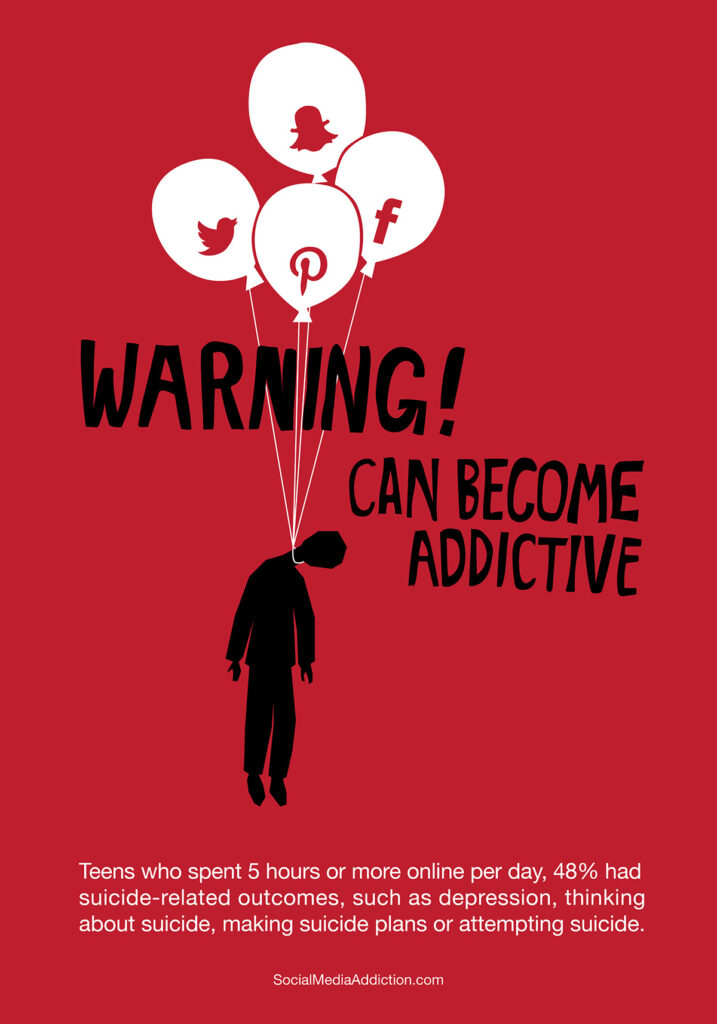
Befooling people in the age of social media is losing one’s own credibility. Social media is a platform where an ordinary man can express himself/herself without spending any money or without using any influence. One doesn’t have to depend on anyone in power to use the media. Because, no power is controlling it. Should the owners of any popular site decide to exercise any control or should they try to create some kind of influence on any issue, this is bound to be construed as personal agenda. Personal Agenda is against the spirit of Social media.

Social
media is fast growing only because it is free and fair. Regarding freedom, I
reiterate that if there were no freedom of expression, Social Media would never
have achieved the popularity it has gained in such a short time. Another very
important factor in its favour is that it is participative. Anyone can start a
discussion, contribute to the existing one; start a group or join one already
there. Besides, it is not just confined to exchange of views or ideas. We can
share pictures, movies, audio/video files etc. Undoubtedly, Social Media
encourages to be social, to be creative and effective. It is a boon in this
Brave New World.
Earlier, Television gained its popularity because of the ease of entertainment
without the arduous task of going out to the theatre one can watch a programme
news or even a movie: all sitting in the comfort of your home. But it took
quite some time. Where television swayed the mind of people, lots of program
producer emerged. Training institutes for training programme producers also
came into being. The channel owners provided the infrastructure and producers
created such programmes as would engage the audience. Producers who applied
their mind and understood the audience likes and dislikes could make such
serials which continued for years. But there is a rub. Some people did find
that these serials offer no value and were a ploy to engage them. The TV was
termed an idiot for which I consider it is.

But so far as Social Media is
concerned, it is also engagement, but it is of a different kind. Here each
person becomes a participant if he/she desires to be one. There are always
group of people who share their views. There are people who have comments to offer.
And as said above, it is not limited to discussions. Sharing of pictures,
videos, knowledge on different subjects are both engaging and entertaining. It
is for each one of us to make full use of this unique Free Gift.
Thanks for reading.
TagsBenefits of Social Media, Growth of Social Media, Rise of Social Media, Social Media, Social Media in India



































